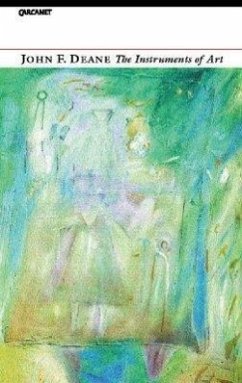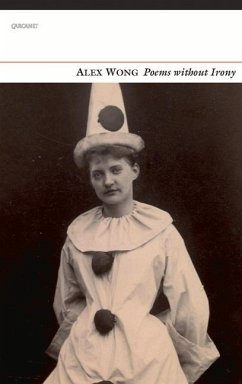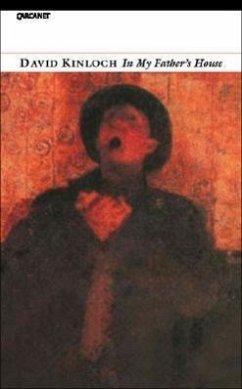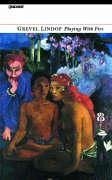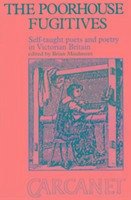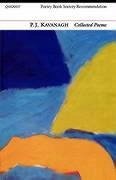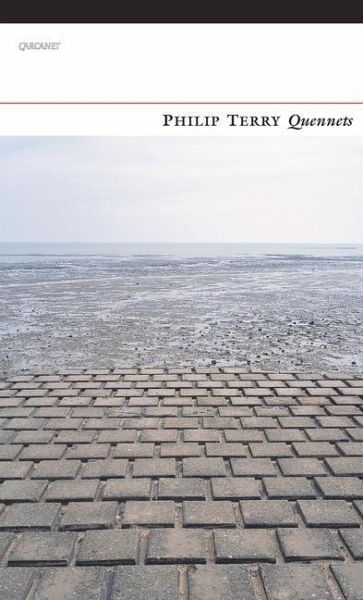
Quennets

PAYBACK Punkte
8 °P sammeln!
A unique exploration of place, memory, and form through experimental poetry. Philip Terry's Quennets presents a captivating collection of poems inspired by the innovative "quennet" form, invented by Raymond Queneau. These poems delve into the psychogeography of specific locations, blending personal experience with historical context. Journey through the Essex estuary, trace the Berlin Wall Trail, and retrace W.G. Sebald's steps along the Suffolk coastline. This collection offers a fresh perspective on landscape and memory, inviting readers to contemplate the relationship between place and iden...
A unique exploration of place, memory, and form through experimental poetry. Philip Terry's Quennets presents a captivating collection of poems inspired by the innovative "quennet" form, invented by Raymond Queneau. These poems delve into the psychogeography of specific locations, blending personal experience with historical context. Journey through the Essex estuary, trace the Berlin Wall Trail, and retrace W.G. Sebald's steps along the Suffolk coastline. This collection offers a fresh perspective on landscape and memory, inviting readers to contemplate the relationship between place and identity. Perfect for readers of contemporary poetry and those fascinated by experimental literature.





